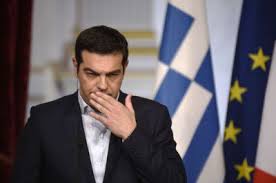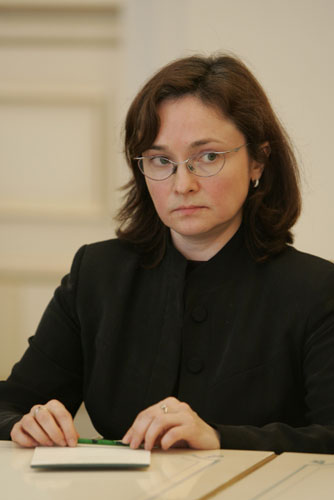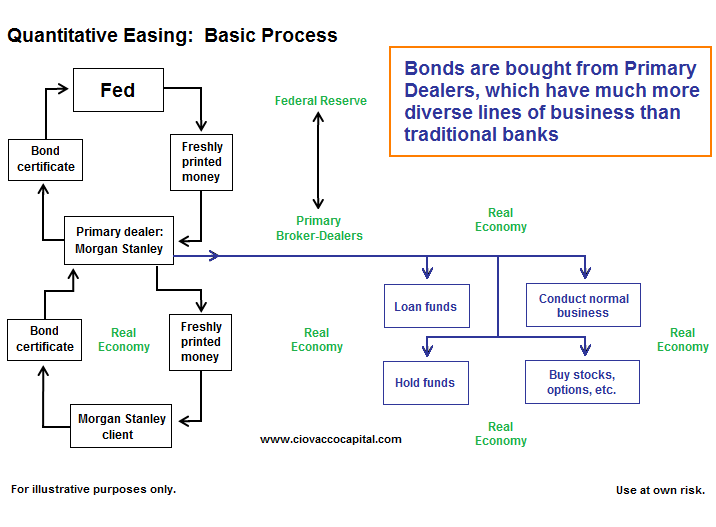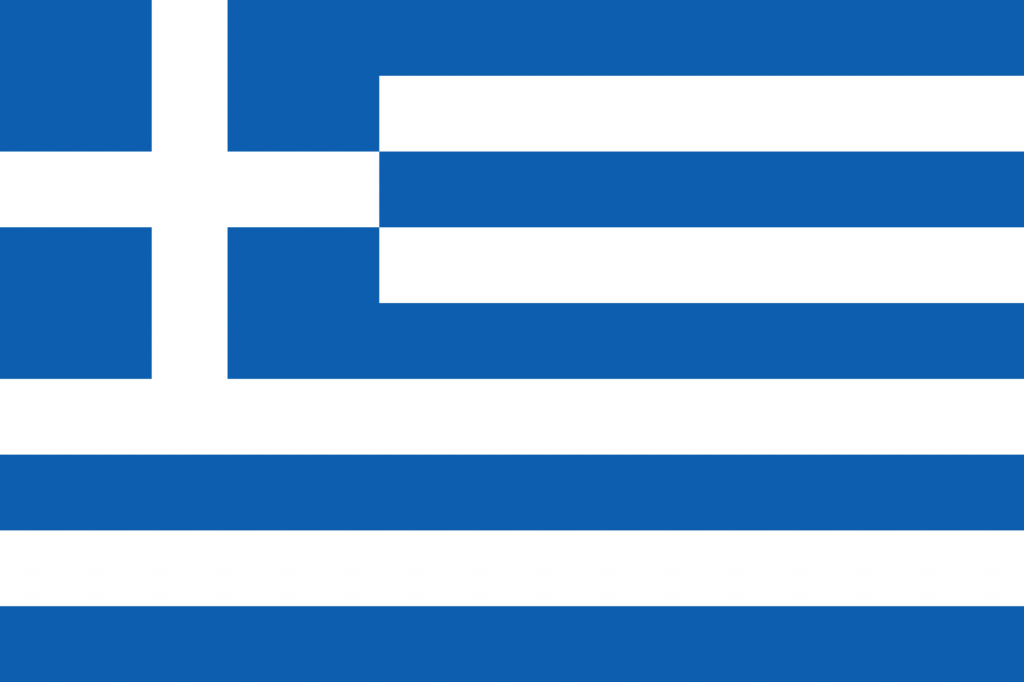On April 26, 2011, a meeting that can only be described as sinister took place between the then Italian Prime Minister, Silvio Berlusconi, and French President, Nicolas…

Mario Draghi

After being elected in January, Prime Minister Tsipras and his Finance Minister Varoufakis negotiated with the EU commission, the ECB and the IMF for almost…

The most common complaint I now hear as to why many are fearful of investing in precious metals is that they feel they have been…
It’s ironic but not surprising that the European Central Bank decided Sunday to limit its credit to Greece by enough to force the Greek banking…

'Neoliberal capitalism is already global,' writes Buell. 'Resistance to it must itself be global and democratic.' Conservatives warn us that deficit spending will turn the…
World finance officials said Saturday they see a number of threats on the horizon for a global economy still clawing back from the deepest recession…

It wouldn’t be a first, but it would certainly be a – bigger – shock. That is to say, the Bank of England hijacked the…

In Europe, failure is no longer an option. If banks are in danger of collapse, in come the bailout loans. If countries have trouble financing…

The battle between the ‘haves’ and ‘have-nots’ of global financial policy is escalating to the point where the ‘haves’ might start to sweat – a…

Remember when the infamous Goldman Sachs delivered a thinly-veiled threat to the Greek Parliament in December, warning them to elect a pro-austerity prime minister or…
